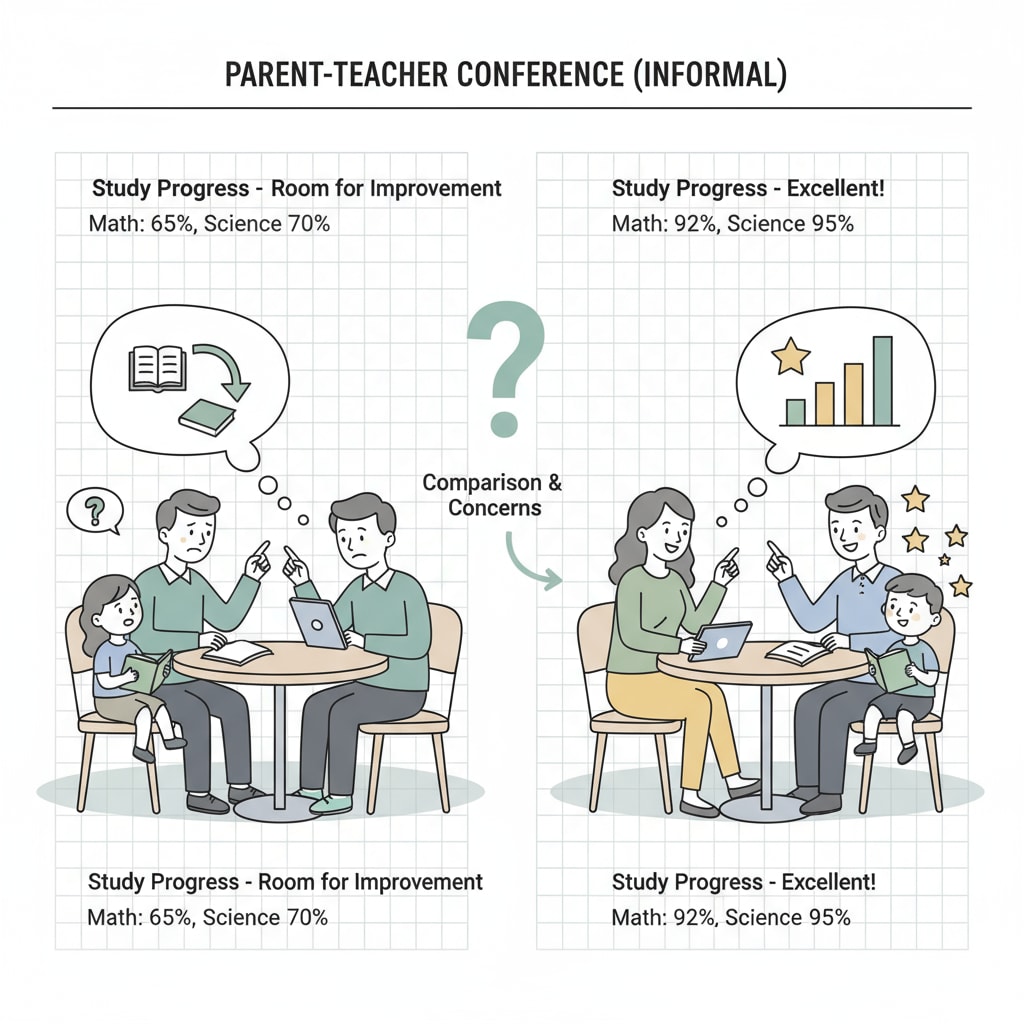In the realm of high school education, the issue of parental expectations, particularly in relation to calculus and other advanced mathematical concepts, has become a topic of great concern. Parents often find themselves grappling with anxiety when they perceive that their freshman high school students haven’t yet mastered college-level math knowledge. This phenomenon reflects a deeper set of issues within the education system.

The Root Causes of Parental Anxiety
One of the main reasons for this parental anxiety is the competitive nature of modern society. Parents fear that if their children don’t keep up with advanced learning, they may fall behind in the future job market. According to Britannica’s Education section, the increasing demand for highly skilled workers has led to a push for early academic achievement. In addition, the influence of peer pressure among parents also plays a role. When they see other children seemingly excelling in advanced studies, they worry that their own kids will be left behind.

The Misconceptions of “Advanced Education” in High School
There is a common misconception among parents that early exposure to college-level math like calculus will guarantee their children’s success. However, high school education has its own structure and pace. As stated on Wikipedia’s High School Education page, the curriculum is designed to gradually build a solid foundation for students. Rushing into advanced topics without a proper base can lead to a shaky understanding. For example, students need to fully grasp basic algebraic and geometric concepts before moving on to more complex calculus theories.
Moreover, each child has a unique learning rhythm. Some may be ready to explore advanced math earlier, while others need more time to develop their cognitive abilities. Forcing a one-size-fits-all approach to education can be counterproductive.
Readability guidance: The key points here are the root causes of parental anxiety and the misconceptions of “advanced education”. We’ve used short paragraphs to make the content easier to digest and provided lists where possible. Transition words like “however” and “in addition” have been used to improve the flow.


